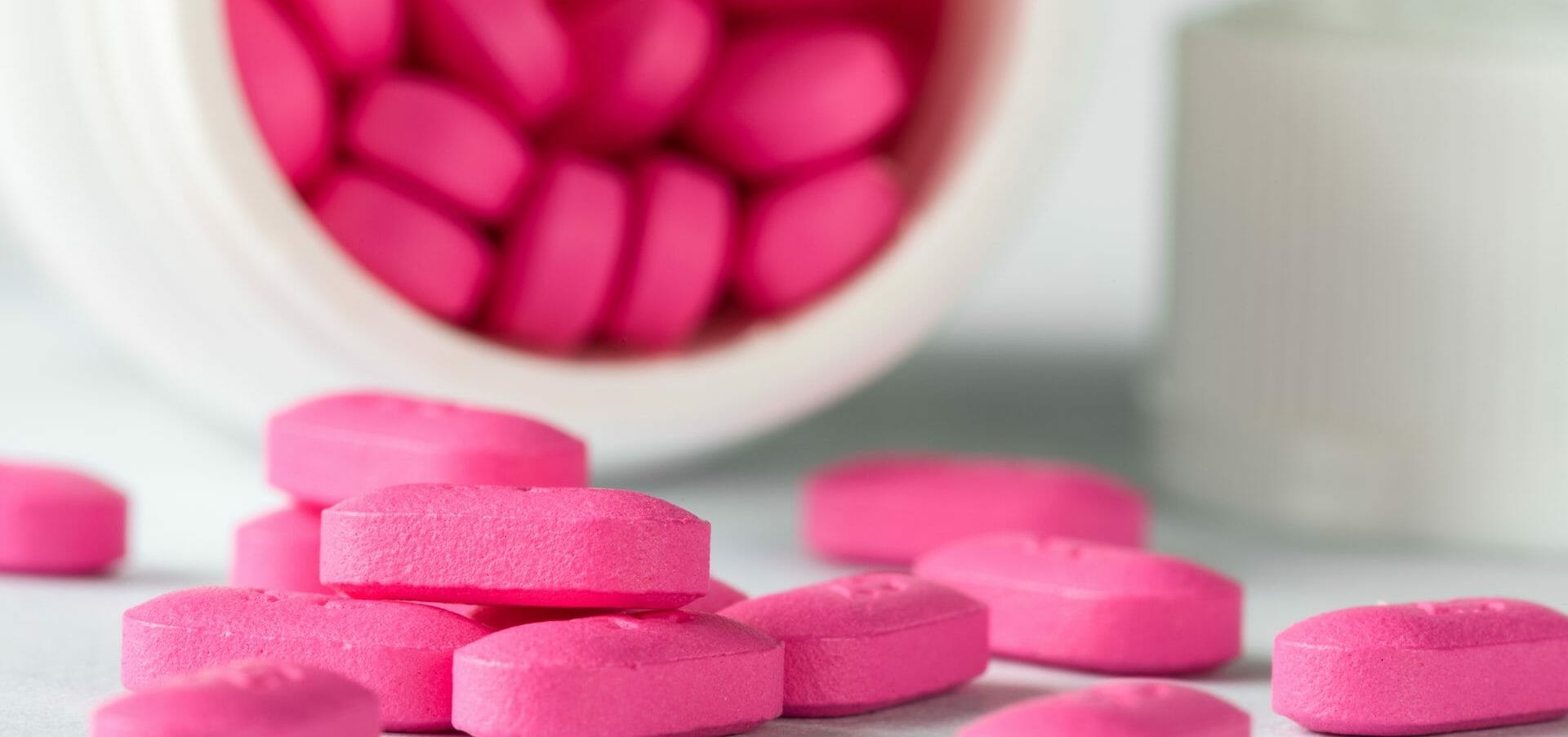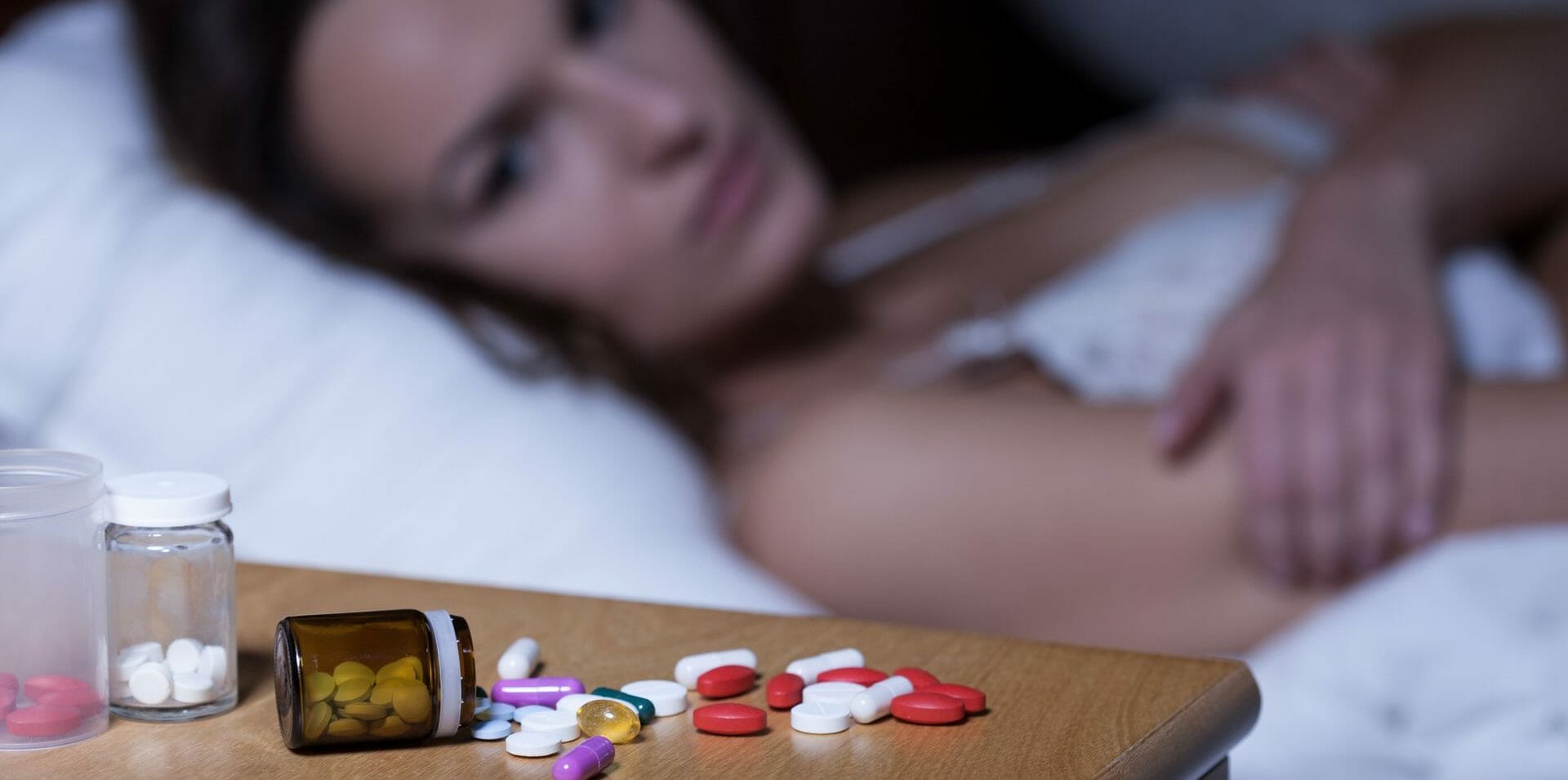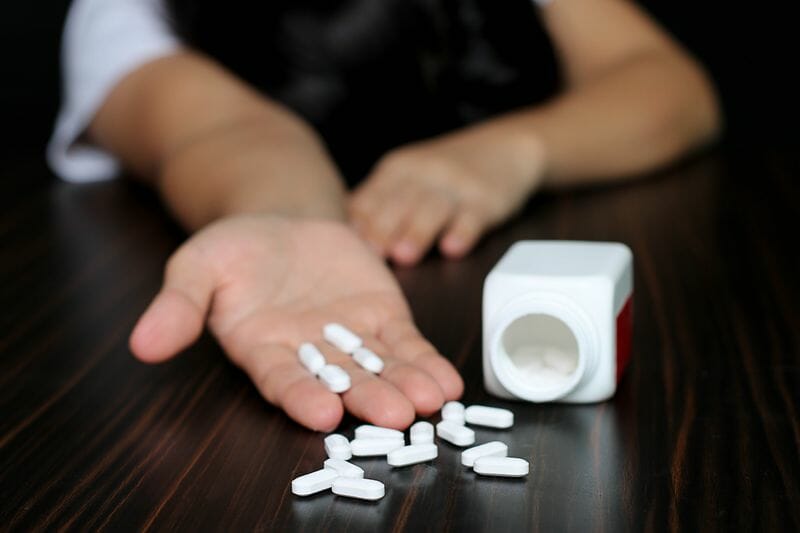Respiratory Depression Explained
Whenever people are abusing drugs, there is a high possibility that the habit would influence their normal physiological state. Using illegal drugs such as crack cocaine, crystal meth or even cannabis may affect the way a respiratory system works. The depressive effects of opiates, such as heroin and some prescription drugs, also have a severe impact on the way we breathe. Respiratory depression is a possible side-effect of drug addiction but is also related to some withdrawal symptoms.
What is Respiratory Depression?
If there are indications of a slowed breathing or an ineffective intake, it means that a risk of dangerous health complications that can lead to serious problems is present. This can even lead to what we know as respiratory arrest. However, with effective treatment, respiratory depression can be tackled, and patients can avert the dangers associated with the breathing disorder. Treatment normally involves holistic techniques targeted at both the root causes of the condition and its direct symptoms.

Other names for respiratory depression
Another term for respiratory depression is ‘hypoventilation’; ‘hypo’ meaning ‘below’, which defines it as a low rate of ventilation where the gas exchange in the lungs is below normal levels. Hypoventilation should not be confused with hyperventilation, which is the state of breathing deeper or faster than normal.
Causes of Respiratory Depression
Specific health complications and certain medications, especially sedatives, are known to increase a person’s chances of developing respiratory depression, or directly causing the breathing disorder. Common causes of hypoventilation are:
- Overdose of opioids or opiates like tramadol, morphine, fentanyl, or heroine
- Anaesthetic related or opioid-induced respiratory depression after surgery
- Central sleep apnoea
- Severe obesity
- Chronic lung disease
- Chest wall disease
- Neuromuscular disease
- Brain injury
- Stroke
Call our admissions line 24 hours a day to get help.
Symptoms of Respiratory Depression
The following symptoms point to the presence of hypoventilation:
- Confusion
- Disorientation
- Lethargy
- Fatigue
- Headache
- Dizziness
- Nausea
- Reduced heart rate
Left untreated, it can lead to:
- Respiratory arrest
- Cardiac arrest
- Brain damage
- Coma
- Death

Respiratory Depression Triggers
- Opioid overdose
- Ethanol poisoning or overdose
- Sedative poisoning or overdose
- Barbiturates poisoning or overdose
- Benzodiazepine poisoning or overdose
- Anaesthetics
- Strokes
- Congenital central hypoventilation syndrome (CCHS)
- Central sleep apnoea
- Severely elevated blood ammonia
- Brain tumours
Complications of Respiratory Depression
Life-threatening complications can occur if respiratory depression isn’t treated, which can possibly lead to death. Right-sided heart failure (pulmonary hypertension) is a possible complication that can be caused by continued hypoventilation episodes. Respiratory depression induced by drug poisoning or overdose can result in respiratory arrest where breathing stops completely, which can be fatal.
How is Respiratory Depression Diagnosed?
Some of the tests a medical professional such as a Gp, a physician or a pulmonary specialist may order to diagnose the condition include:
- Pulse oximetry test, which measures the level of oxygen in the bloodstream with the use of a monitor on a person’s finger
- Urine and serum drug screens
- Blood alcohol concentration tests
- Screens for various toxins
- Serum ammonia level test
- Blood gas test
- Haemoglobin and haematocrit blood test
- Magnetic resonance imaging (MRI) or Computed tomography (CT) scans to check for tumours or stroke in the brain
- Electroencephalogram (EEG) test
- Sleep study
Effects and Dangers of Respiratory Depression
The dangers of respiratory depression, particularly when left untreated, can be fatal as they include respiratory arrest (inability to breathe) and falling into a coma.
Respiratory Depression as an Addiction Withdrawal and Detox Symptom

Treatment of Respiratory Depression
Although hypoventilation can be serious, it can also be treated. Experts adopt a variety of treatment options depending on the individual state of each patient, and the severity of the condition.
The following are treatment options for hypoventilation:
- Oxygen therapy
- Detoxification
- Fluid therapy
- Continuous positive airway pressure (CPAP)
- Mechanical ventilation
Medication used in treatment
If respiratory depression is caused by an overdose of drugs like opioids, detoxification is carried out where medications like suboxone, naloxone, and methadone are used, since they reverse the effects of opioids.
The role of counselling in treatment and rehab
counselling is an invaluable tool in cases where addiction to depressants and sedatives are a direct or contributory cause of respiratory depression. Through counselling, people would learn about the possible changes that could facilitate recovery from addiction and dependence, and prevent a relapse.
Preventing a Relapse

In order to live free of the risk of future episodes of hypoventilation, preventive measures, as well as life changes, must be taken to avoid relapsing to drugs that trigger respiratory depression. Some measures include:
- Avoiding excessive alcohol consumption
- Avoiding or taking extra precautionary measures when using sedative medications
- Giving up or taking extra precautions when using narcotic medications
- Supervising children placed on prescription medications
Choosing a treatment centre
There are treatment clinics that can help you properly tackle hypoventilation in the UK through different options, including detox and rehab in cases of drug overdose, and where an addiction is present. Choosing this kind of treatment centre will boost your chances of successful recovery.
Types of respiratory depression treatment
You can choose to get treatment as a resident patient in an inpatient facility, or on an outpatient basis where you’ll be treated as a visiting patient. Ultimately, your doctor will make a recommendation depending on your situation.
Questions to ask treatment centres
It’s important that you undergo treatment in an enabling environment that suits your needs. So, ensure to ask your treatment centre questions about their policy in regards to confidentiality, their available methods of payment, specific facilities in the centre, as well as your treatment duration.
Facts about Respiratory Depression
- Addiction to drugs like opioids, benzodiazepines, and substances like alcohol will increase the risk of respiratory depression.
- Treatment options for the condition will be influenced by the severity of the case as well as other factors.
- Symptoms include shallow breathing, and in dire cases, coma, respiratory failure, or death.
Call our admissions line 24 hours a day to get help.
Get help today
Respiratory depression is a dangerous health condition. Don’t take symptoms for granted, as the next episode could be fatal. By getting help, you can avert a serious complication that may claim your life.
Frequently Asked Questions
No matter where you live, there is a drug rehab center that can help you overcome your addiction. We'll help you find it.
Select a County



